By Brea Hinricks
Over the last fifty years, the concept of “shareholder primacy” espoused by the Friedman Doctrine has been the dominant view of the purpose of business. Under this model, the singular social responsibility of business is to maximize profits for shareholders, constrained only by the limits of laws and regulations.
Lately, however, the Friedman Doctrine is starting to show cracks—academics, politicians, and even business leaders are questioning whether it should be abandoned for a “stakeholder” model in which the interests of non-shareholder constituencies (e.g., employees, customers, debtholders, the company itself, and the community in which it operates) are considered and balanced alongside the sole pursuit of profits.
When considering the practical legal realities of implementing the stakeholder model in the United States, one question looms large: Does Delaware law allow for this type of long-term stakeholder governance? Should it? Given the prominence and influence of Delaware corporate law, the answer to this question is paramount. On May 16, 2019, the Millstein Center for Global Markets and Corporate Ownership at Columbia Law School and Gibson Dunn convened a group of academics, business leaders, and legal practitioners to discuss the current state of Delaware law and debate whether it allows or could be headed toward a more stakeholder-centric model.
Continue reading Does (and Should) Delaware Law Allow “Long Term Stakeholder Governance”?

